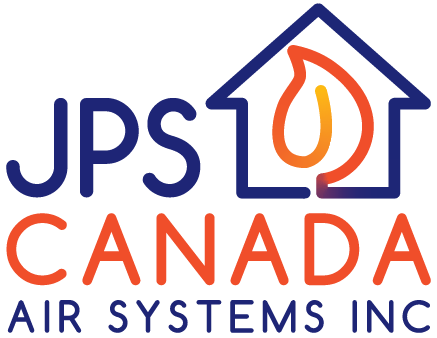Toronto May Set Maximum Heat Limits to Protect Tenants Amid Rising Heat Risks
A new report from City of Toronto is recommending a bylaw to set a maximum indoor temperature for rental units to combat health risks posed by extreme heat. If approved by City Council, this bylaw would require landlords to ensure rental units are no warmer than 26°C during hot weather—a crucial step to protect tenants, particularly vulnerable groups like seniors, people with disabilities, and low-income households.
Currently, Toronto’s laws mandate that rental units be heated to a minimum of 21°C during the winter months. However, there is no equivalent law that ensures cooling during heatwaves. The new recommendation comes in response to growing concerns about the impact of climate change, which has led to more frequent and severe heat events. The report highlights that extreme heat can be deadly, with hundreds of Canadians dying from heat-related causes in recent years, particularly in their homes.
To better protect tenants, the report also proposes:
Shortening the heating period from Oct. 1–May 15, down from Sept. 15–June.
Extending cooling periods for air-conditioned apartments from June 1–Sept. 30, up from June 2–Sept. 14.
These recommendations will be reviewed by the City’s planning and housing committee next week and discussed at City Council on December 17.
For Toronto homeowners and landlords, these changes underscore the need for HVAC systems that can efficiently manage both heating and cooling. As extreme weather becomes more frequent, having an adaptable, energy-efficient HVAC system is essential to meeting both current and potential new regulations while ensuring tenant comfort and safety. Upgrading your HVAC system is not only a smart move for compliance, but also for protecting health and maintaining good rental conditions.
Redacted with Information from Original Source : Toronto Star, November 28, 2024

